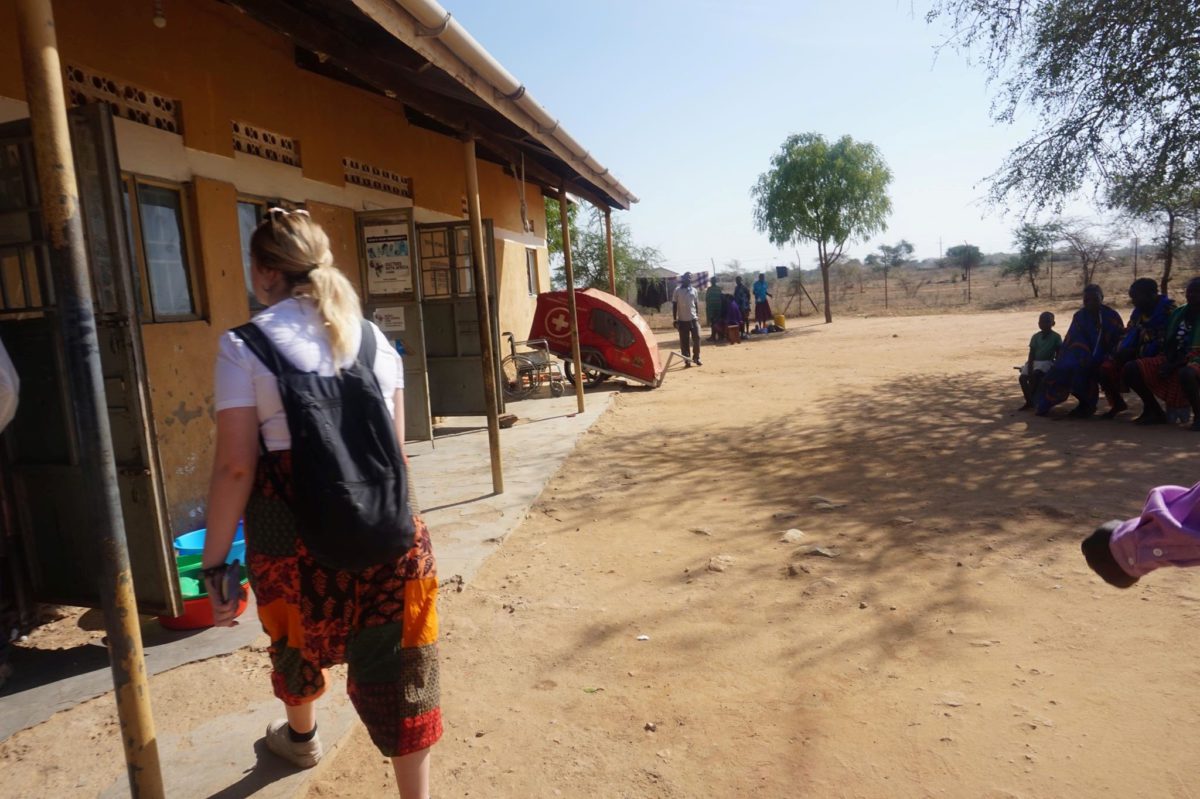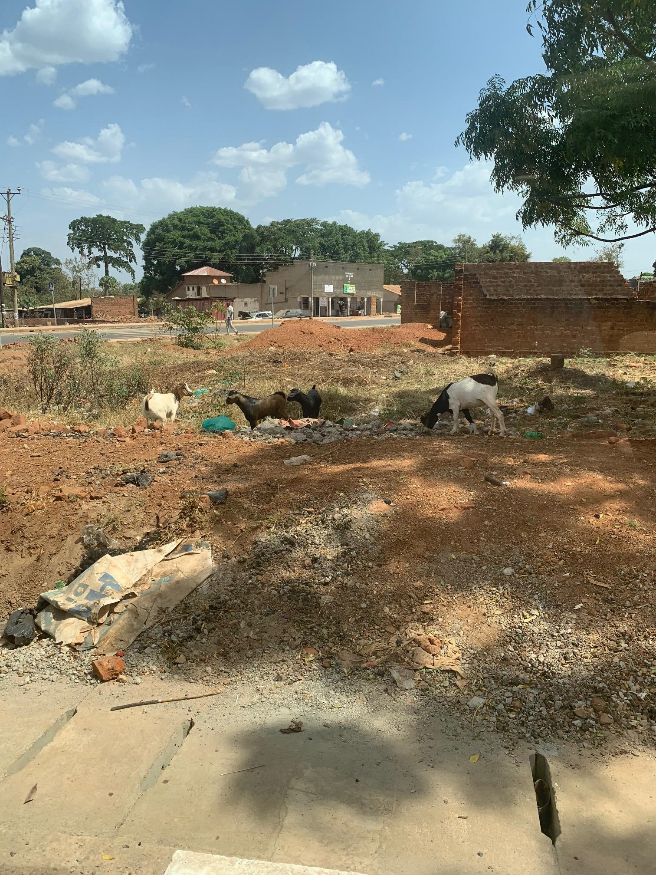Step into the Gap: Wasting our world away

Niamh Melton is a CAFOD Step into the Gap volunteer and is based at the Briars Centre, Nottingham. She recently returned from an overseas visit to Uganda. Here, she reflects on the experiences she had there.
Apply to Step into the Gap today
Recently I returned from my overseas visit to Uganda. I had the most incredible experience, despite its challenges, and it opened my eyes to many of the world’s problems that I had not been aware of before.
In England, we have this huge push on cutting down on our use of single use plastic and for me, this has been a personal goal for a long time now. I’ve got to the point where I am so aware of my usage that I feel if I do end up having to use single use plastic, I must try to dispose of it in the most environmentally friendly way possible. But obviously, with our inability to drink the tap water overseas and the difference in culture, we were faced with having to use an unforgivable number of plastic bottles. This alone got me thinking, where is it all going?
Disposing waste and plastic: Kampala vs Moroto

In Kampala, the capital city of Uganda, waste disposal is said to be the biggest problem that the Kampala City Council (KCC) has to face. On average, each person produces 1kg of waste per day but only 70% of that waste is collected to be disposed of, and only 50% is disposed of properly in landfills. The rest is dumped in open areas, streams and inaccessible areas. This already sounds a nightmare… but it only got worse.
We travelled up to the north-east from Kampala to Moroto and the waste was much more visible. What seemed to be pathways or even roads were covered from top to bottom with waste. The water that should have been filling the river beds was replaced with mass amounts of plastic bottles, bags and containers. It instantly reminded me of the line from Laudato Si where Pope Francis stated, “Our world is starting to seem like an immense pile of filth” but also how “it’s our poorest communities that suffer the most”. This really rings true in Uganda.
This became a familiar sight in most of the north east region of Uganda. It’s so incredibly upsetting as Uganda is the most beautiful country I have ever visited, but is being forced to waste away in its own filth.
The effects on our brothers and sisters: Health centres
During our trip, we had the privilege to visit multiple health centres in Karamoja. We went to Panyangara heath centre and it was obvious from the minute we walked in what their biggest issue was. People were visiting the health centre for various reasons. Whether it was a simple check up or for malaria treatment. The truth of the matter was health centres tend to produce a mass amount of unsanitary waste, which due to the lack of a disposal system, was being dumped in the surrounding areas. This waste contained contaminated needles that were transferring diseases to children who would come and walk, explore and play in the infected areas. This is unfortunately the case in many health centres across Karamoja.

In response to this huge and increasing problem Caritas, through the help and funds of CAFOD, were able to install an incinerator to dispose of the waste hygienically and safely. This allowed the community, especially the children, to roam freely around the health centres without fear of being exposed to more illness and disease.
It’s down to the hard work and support from all of our volunteers and the fundraisers set up all over the country that Caritas have been able to create safe and sterilised environments for people to come and get treated at the health centres.
What can we do to help?
I urge everyone to help raise money to support CAFOD, particularly this Lent.
Whether it’s taking part in a fundraiser or setting one up yourself, every single donation is a huge contribution towards saving our common home and our brothers and sisters around the world.
Check out the CAFOD website and start your journey towards a better world today.